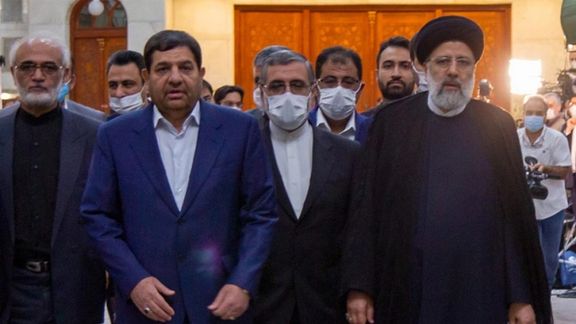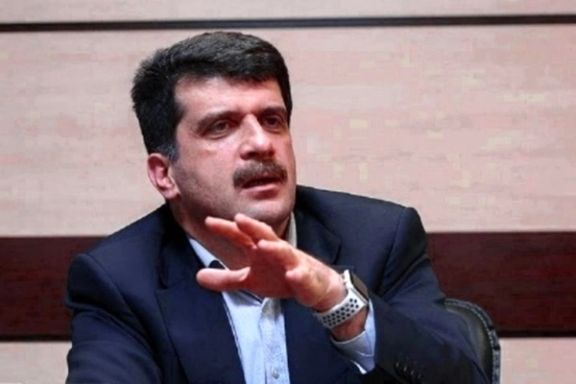Serious Medicine Shortages Grip Iran Amid Inflationary Recession

Iran faces a serious shortage in medicines with some prices rising sevenfold, months after the government eliminated cheap dollars for importing raw materials.

Iran faces a serious shortage in medicines with some prices rising sevenfold, months after the government eliminated cheap dollars for importing raw materials.
The crisis in health care is just one aspect of the overall economic crisis, precipitated by a centralized and often mismanaged economy, and for the past years, US sanctions.
Most medicines in Iran are produced locally by quasi-governmental companies that import the raw material from other countries. When the Iranian currency began to lose value in early 2018, the government offered a fixed exchange rate for essential goods, mainly food and medicines. However, earlier this year, the new administration of President Ebrahim Raisi eliminated what was in fact a government subsidy. Now, food and medicine producers must buy dollars at rates seven times higher to import their raw materials, which has disrupted production.
Deputy chairman of pharmaceuticals producers, Ali Fatemi told Aftab News in Tehran that when an economic sector is controlled by the government and is managed according to “a command economy” it is not surprising that a situation like the current shortage would emerge. The government sets unreasonably low prices and then stops subsidies, which makes it impossible for its companies to but raw materials and produce, he said.
To partially alleviate the shortage, the Iranian government allows medicines, such as antibiotics and simple cough syrups to be imported from India, Fatemi explained, and as a result the country spends much more foreign currency, instead of importing the raw materials.

Apart from pharmaceuticals, inflationary recession has gripped other sectors, according to Fararu website in Tehran. As prices have risen at least by 40 percent for two consecutive years, consumers have lost their purchasing power and demand has fallen. This has led to a “domino effect for producers and factories” that must stop operations. This in turn creates more unemployment and less consumer demand.
Iran’s currency has fallen by more than 15 percent since early September when it became clear that a nuclear agreement with West was not a realistic expectation.
Since early 2018, when the United States signaled its intention to withdraw from the 2015 nuclear deal known as the JCPOA, Iran’s rial has fallen tenfold from 35,000 to the dollar to 350,000 on November 12. When the US did withdraw from the accord in May of that year, it imposed damaging oil and banking sanction on Iran. This further devalued the rial and led to very high inflation, which coupled with the inefficiencies of a government-controlled economy, has impoverished tens of millions of people.
Ehsan Soltani, an economist in Iran told the website that while food prices have risen eightfold since 2018, wages, at most, have increased threefold.
“In recent years with rising inflation, economists warned officials about ‘inflationary recession’, but the government did not pay attention at all,” Soltani explained.
In fact, from cautious statements by many officials, especially in the previous Iranian government headed by President Hassan Rouhani, it was apparent that they were aware of the dire situation, but they had no control over the country’s foreign policy, which had brough about crippling US sanctions.
But Iran’s 83-year-old anti-Western ruler, Ali Khamenei, has the last word on foreign policy and only he could allow a new nuclear deal to be signed that would lift the most damaging sanctions.
Iran’s economic growth in the past decade has been zero and Soltani compared Iran to its neighbor Turkey. “Just look at Turkey…and see the high rate of growth it has achieved in the past ten years, adding tremendously to its foreign currency revenues, while we have faced economic and infrastructure decay.”